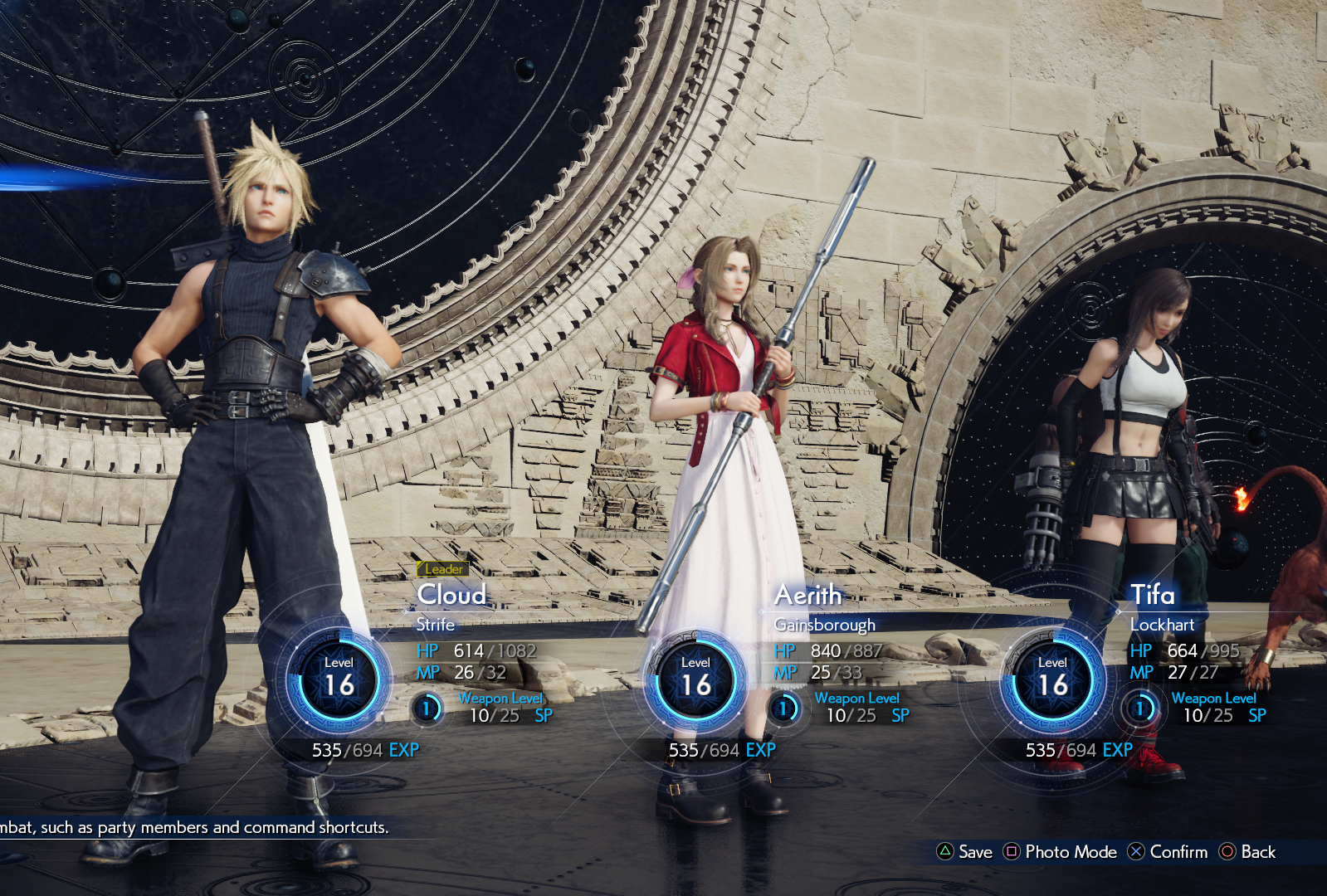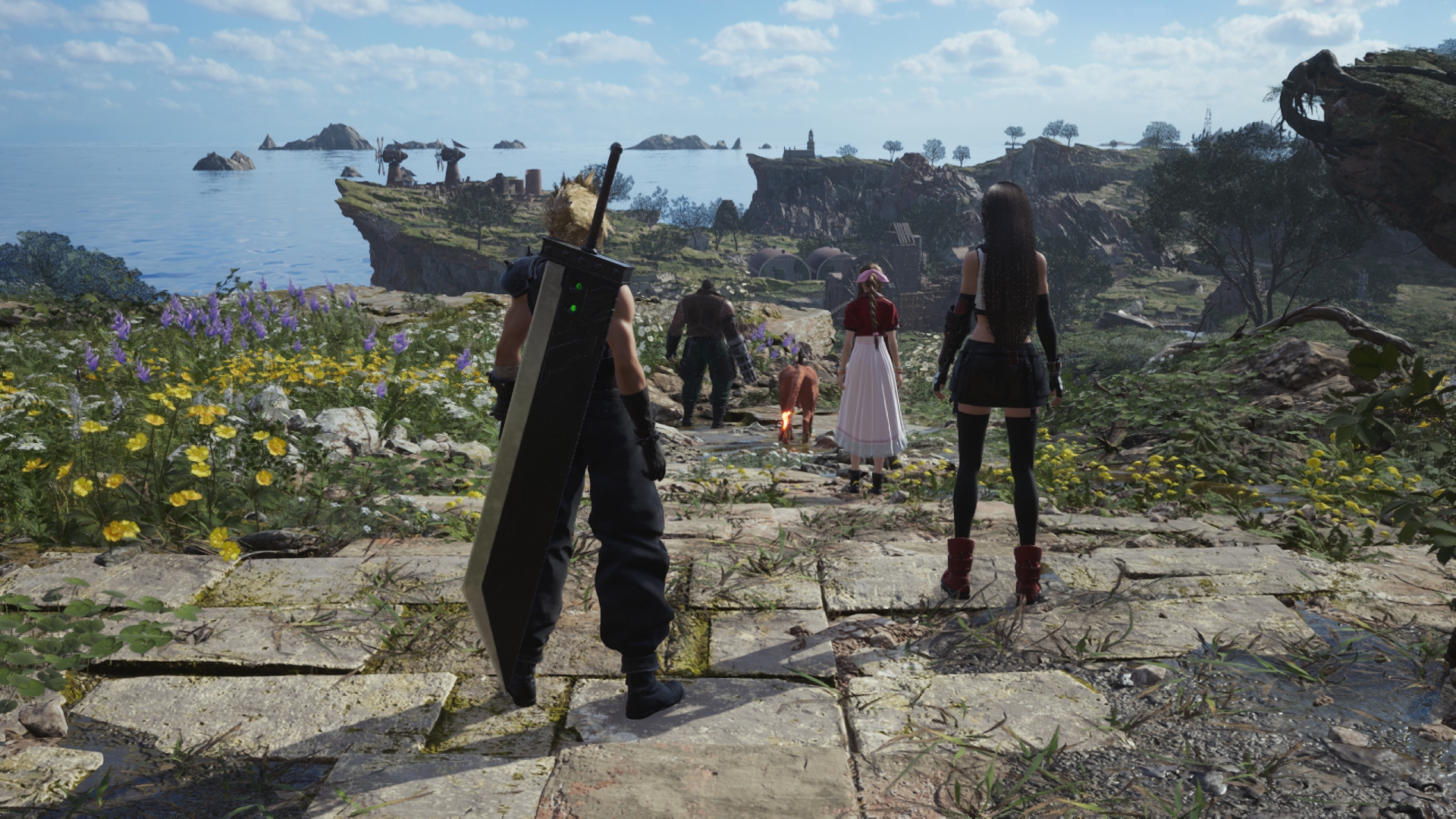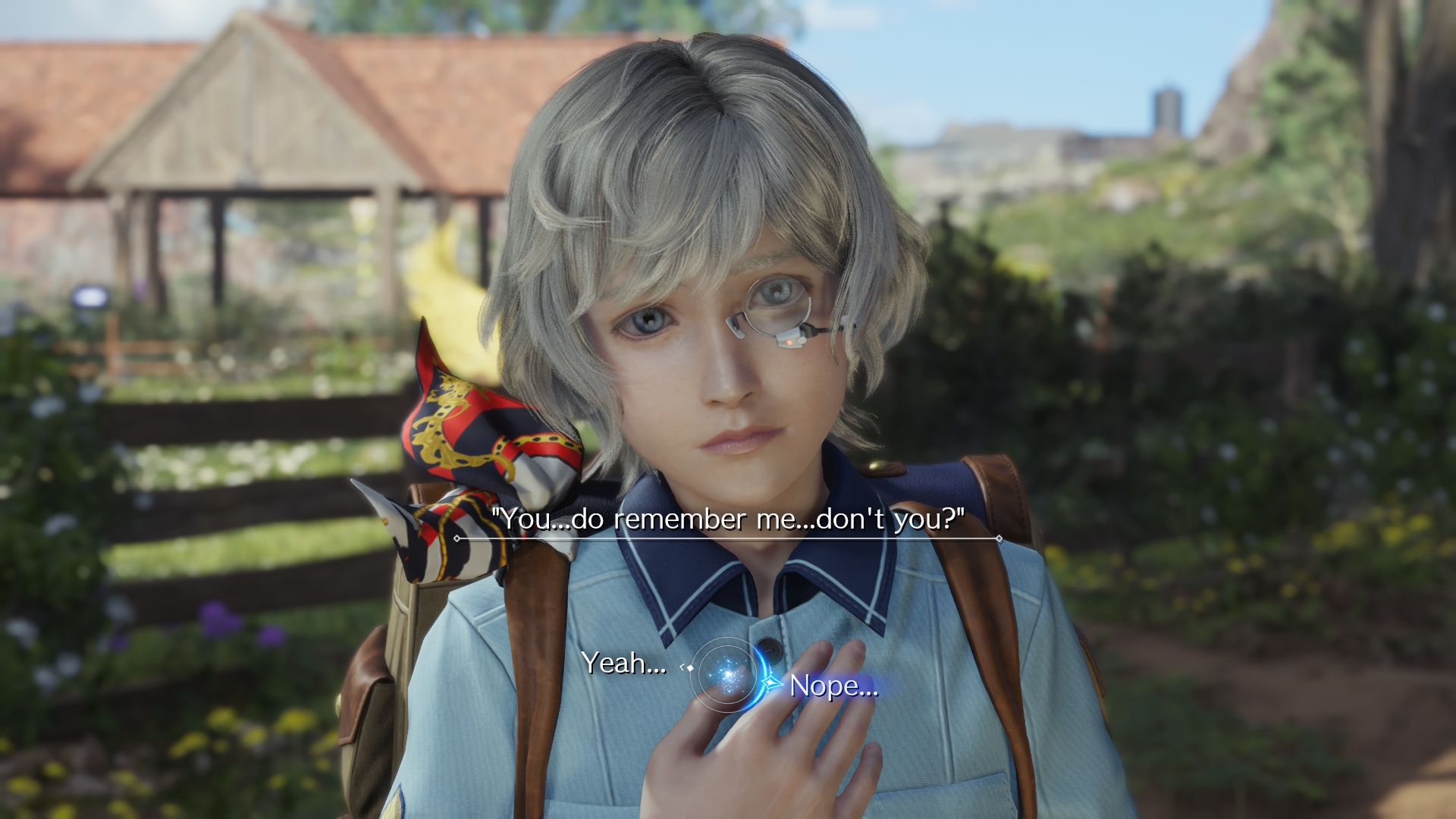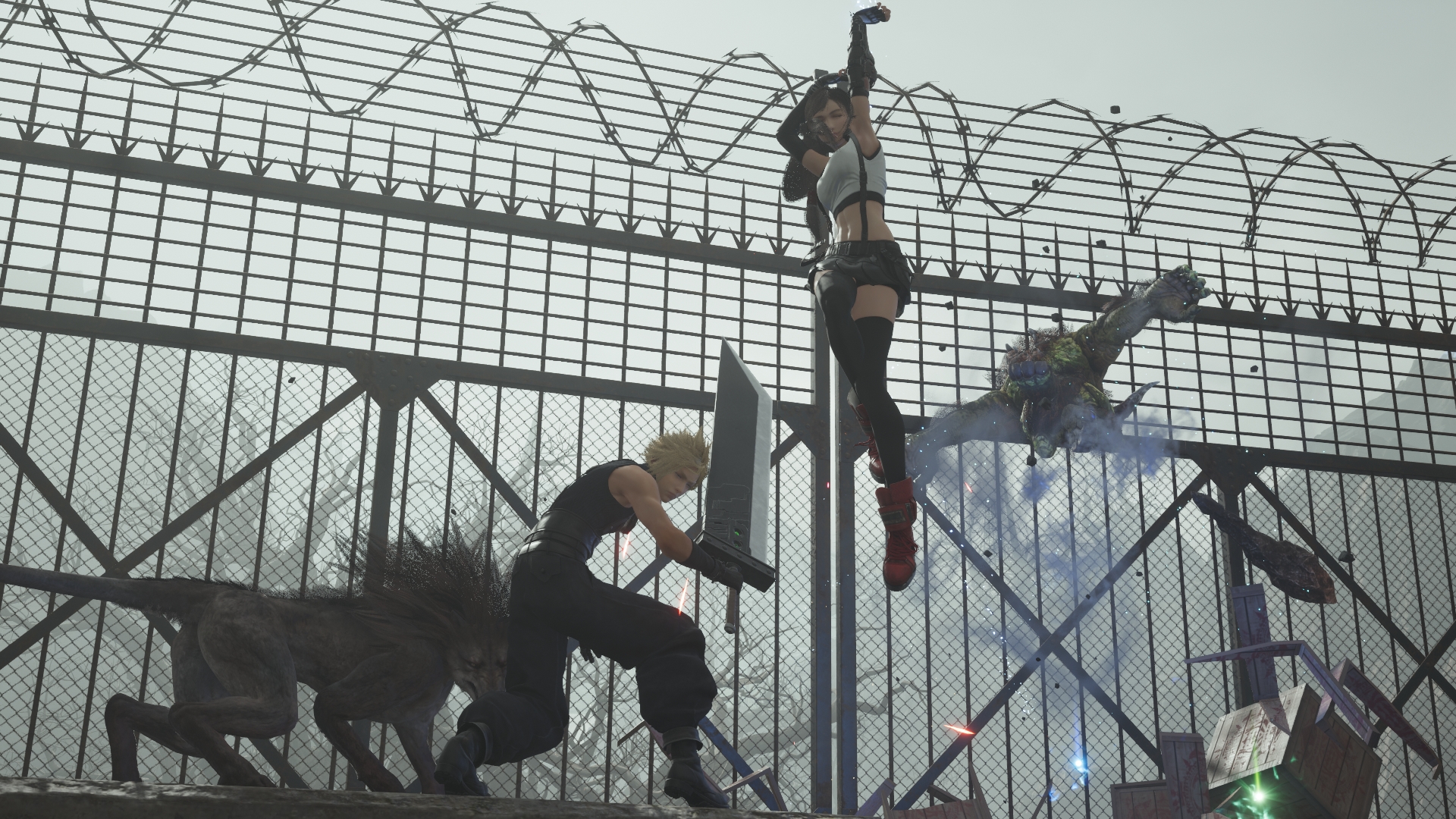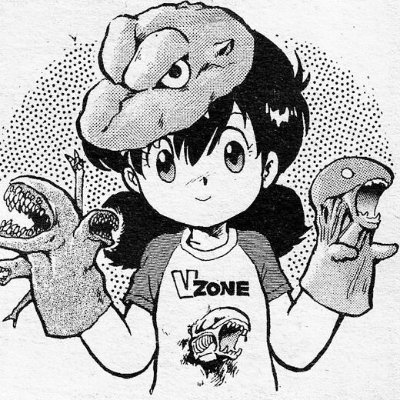Our Verdict
Great characters and combat can’t hide poor pacing and a story with nowhere to go.
PC Gamer's got your back
Final Fantasy 7 Rebirth gave me the world’s most luxurious vacation. From cruises, to resorts, to the world’s greatest amusement park, I was shuffled like a hurried tourist from one dazzling experience to the next, showered with endless shiny new things to admire. But the indoor kid in me must be too strong, because it didn’t take long before I was tired of all the sights and sounds and just wanted to go home.
What is it? An expansive reimagining of an RPG classic.
Release date January 23, 2025
Expect to pay $70 / £65
Developer Square Enix
Publisher Square Enix
Reviewed on Intel i7-13700F, RTX 2060 Ti, 16GB RAM (and PlayStation 5)
Multiplayer? No
Steam Deck Verified
Link: Official site
The middle entry in Square Enix’s ambitious planned trilogy remaking one of the most iconic games of all time, Rebirth sees the cast of 2020’s Final Fantasy 7 Remake on the road, having escaped from the industrial city Midgar to travel the world and hunt down the evil hottie Sephiroth. As Square Enix proudly claims, it’s a "standalone game that welcomes fans and newcomers alike," and—wait, are we sure about that?
I don't know how Square Enix got that idea in its head, but take it from me: Rebirth is the most sequel a sequel has ever sequel’d. There’s a video summary you can watch to get yourself up to speed, but once you hit New Game all bets are off, with anyone unlucky enough to start here plunged headfirst into the complex world-building and character arcs that’ve already been stacking up for 40+ hours or 28 years, depending on how you look at it. And that’s to say nothing of the incidental Remake faces you’ll encounter. It seems like the entire population of Midgar decided to leave with the main cast, because I was constantly finding folks I could barely remember, and just as many that I couldn’t at all.
Rebirth isn’t shy about bringing in ideas and folks from the game’s wider universe, known as the Compilation of Final Fantasy 7. This isn’t just the second entry in a series, it’s the latest chapter in a saga with decades of ever-expanding lore. It wants you to experience the 1997 original, to watch the movie, to read the spin-off books, and to play the battle royale mobile game that’s already been shut down. Rebirth is the Final Fantasy 7 cruise: everybody is here, and you’re stuck on the boat, the extra lore baggage only confusing an overly complicated plot with knowing nods and the vague idea of a mystery slowing the ship to a crawl.
(Not) a small world
In keeping with a game that's proudly unrestrained, the heroes are now free from the constrictive streets and slums of Midgar. Ditching tight corridors for massive open world zones, Rebirth highlights Final Fantasy 7’s environmentalist message by constantly dwarfing the player in a lush, vibrant world. Look left and see giant snow-capped mountains; look right and admire the shipwrecked ruins of a gigantic boat in the ever-expanding ocean.
It doesn’t matter where you are or where you point the camera, the action in Rebirth is constantly framed by the awe-inspiring hugeness of nature. The world of Gaia is beautiful, and unshackled from the constraints of the PS5 is able to sing the way it was always meant to—previously shoddy framerates now uncapped and damagingly low resolutions made crystal clear.
Throw in a contender for the greatest soundtrack in Final Fantasy history—packed with rousing choirs, prog rock noodling, and even an electropop bop about a very, very good pup—and Rebirth becomes one of those rare games where just looking at a digital landscape is enough to get me a bit emotional. Gazing out at rolling hills packed with flowers, the lifestream of the planet escaping the earth in delicate green wisps as the iconic overworld theme idyllically sings in the background and I can’t help but let all sorts of cornball sentiments about the beauty of our planet well up in me.
Keep up to date with the most important stories and the best deals, as picked by the PC Gamer team.
Tragically, unlike the wonder these vistas inspire, the activities you can find in them are as plain as they come. The ever-obnoxious Chadley returns from Remake to constantly interrupt your adventuring so he can tell you about his "world intel" activities, which amount to little more than bland busywork. Here I am in the most beautiful locales I’ve ever seen, ignoring them to scan the ground for materials and hidden lifestream pools, or climb the prerequisite open world towers to reveal more of the map. This needless padding quickly wore on my patience, feeling less like exciting ways to explore the world and more like keys being dangled in front of my face.
Fantastic fights
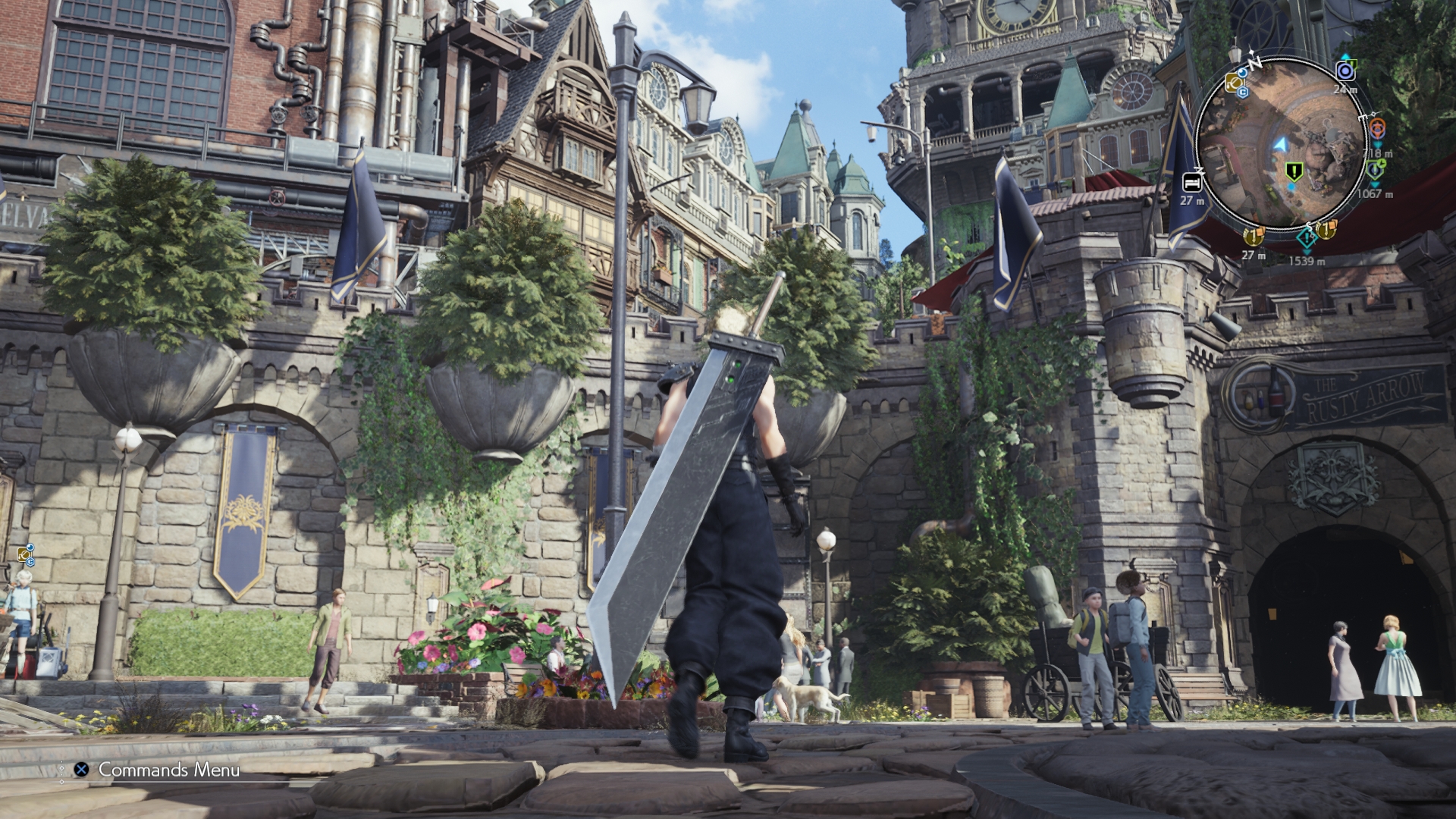
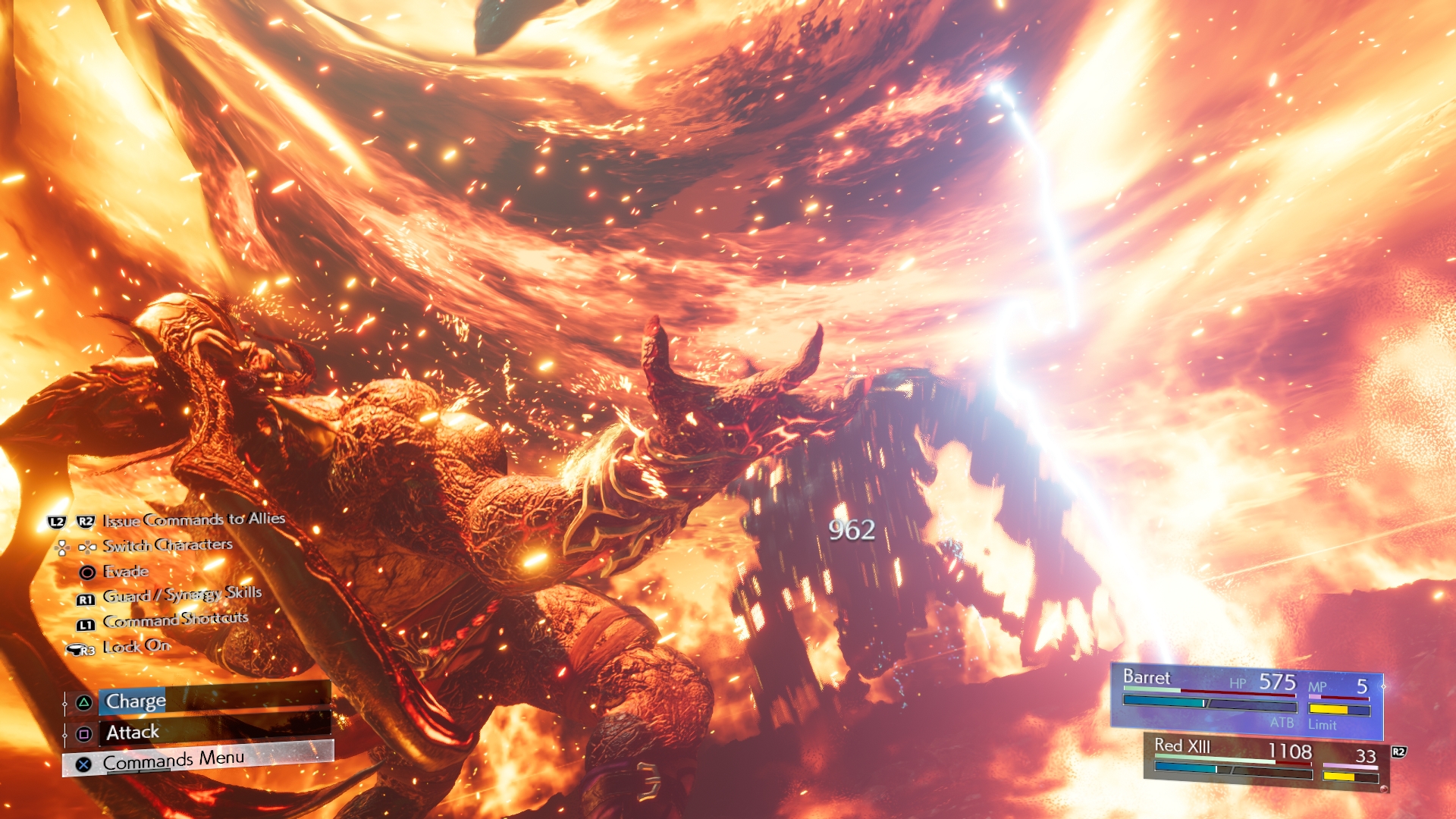
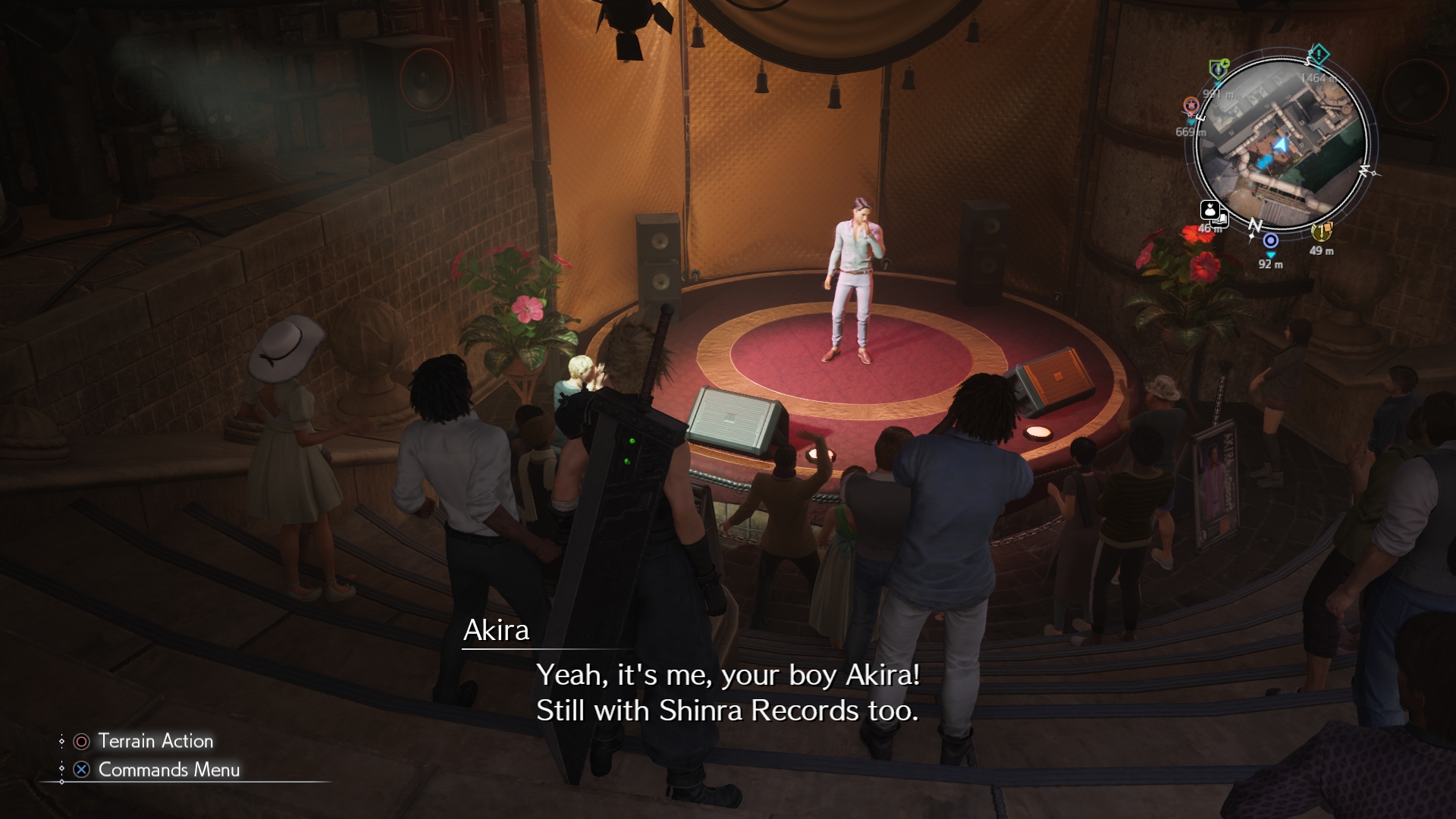
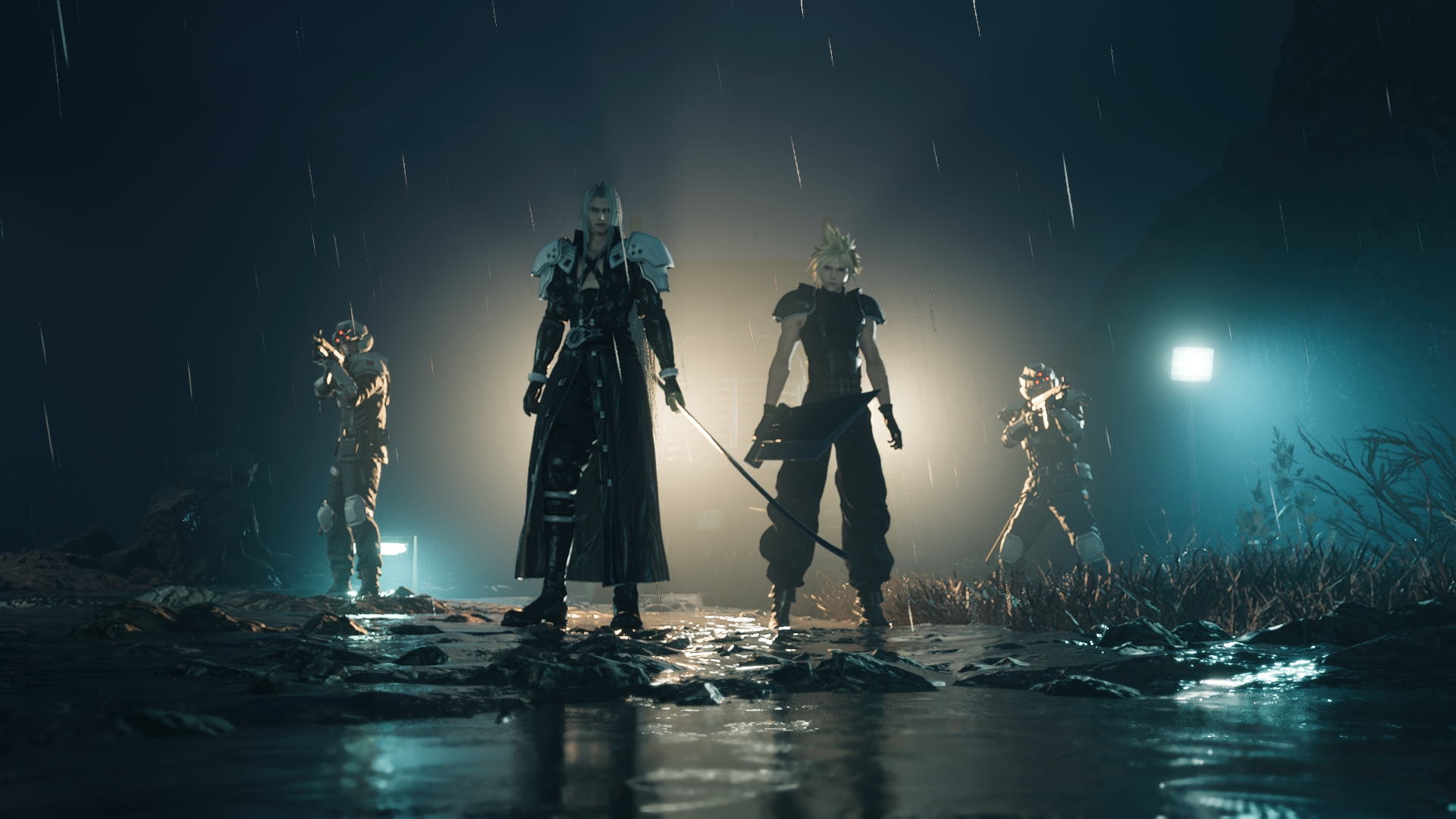
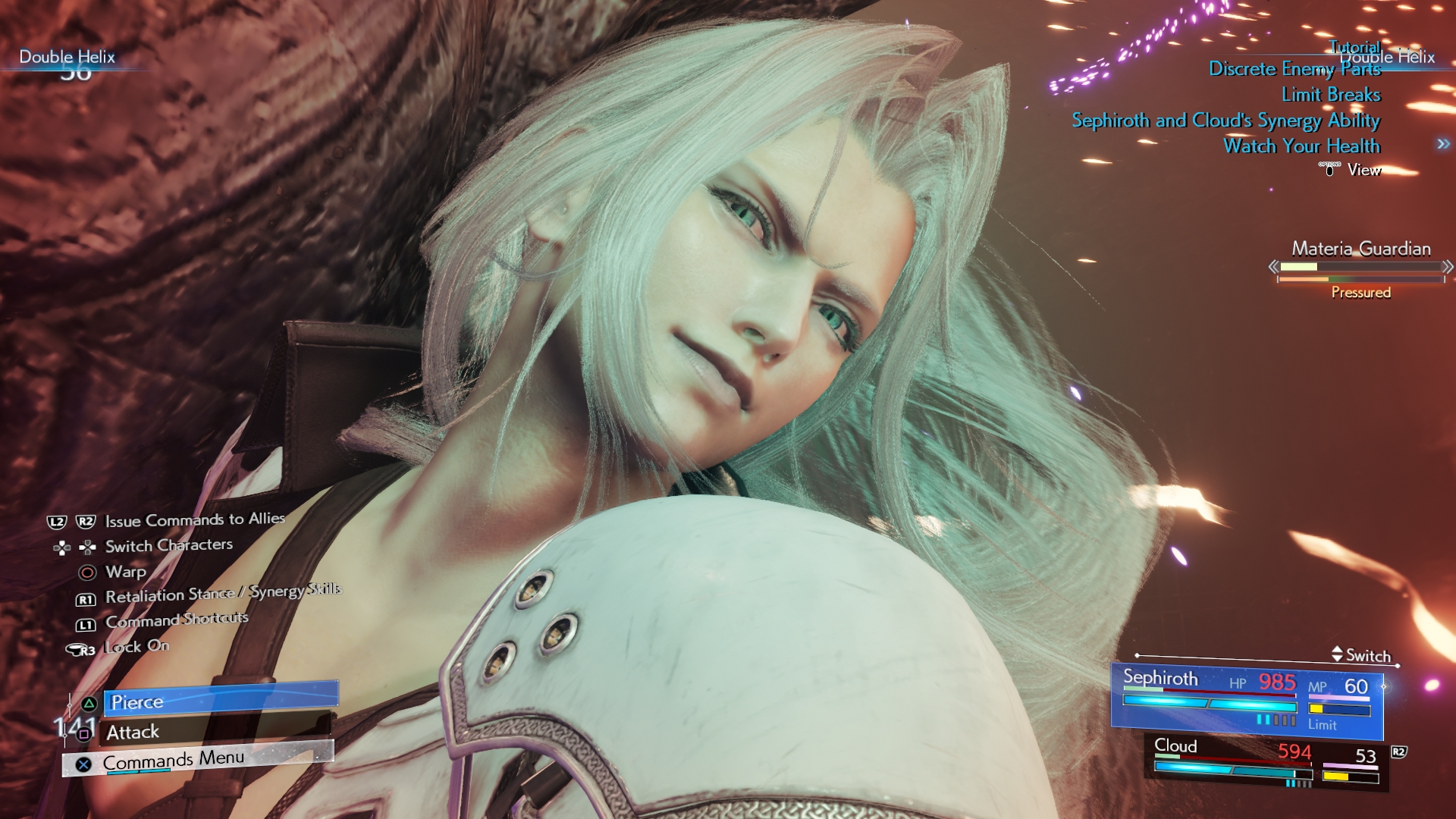
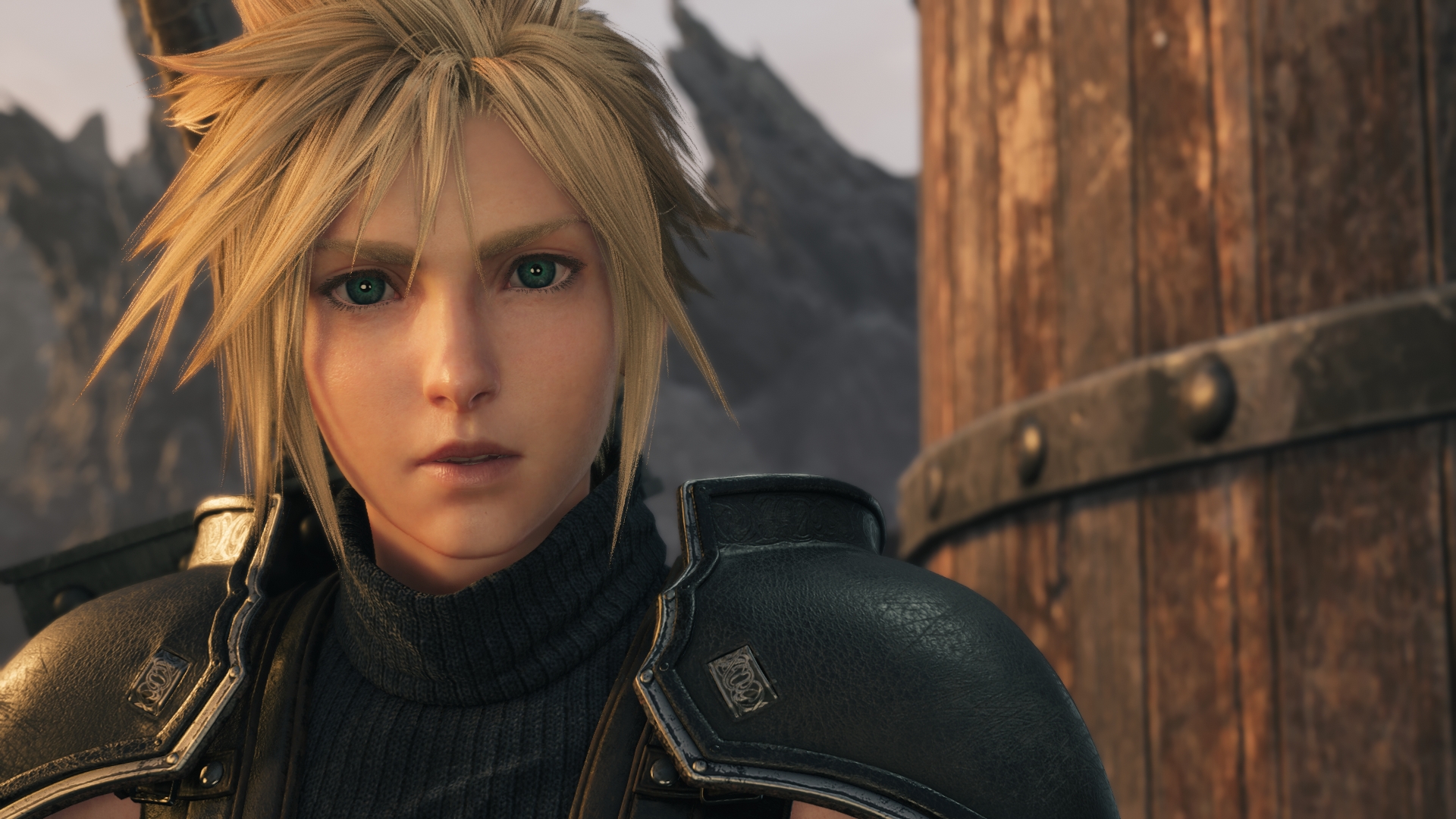
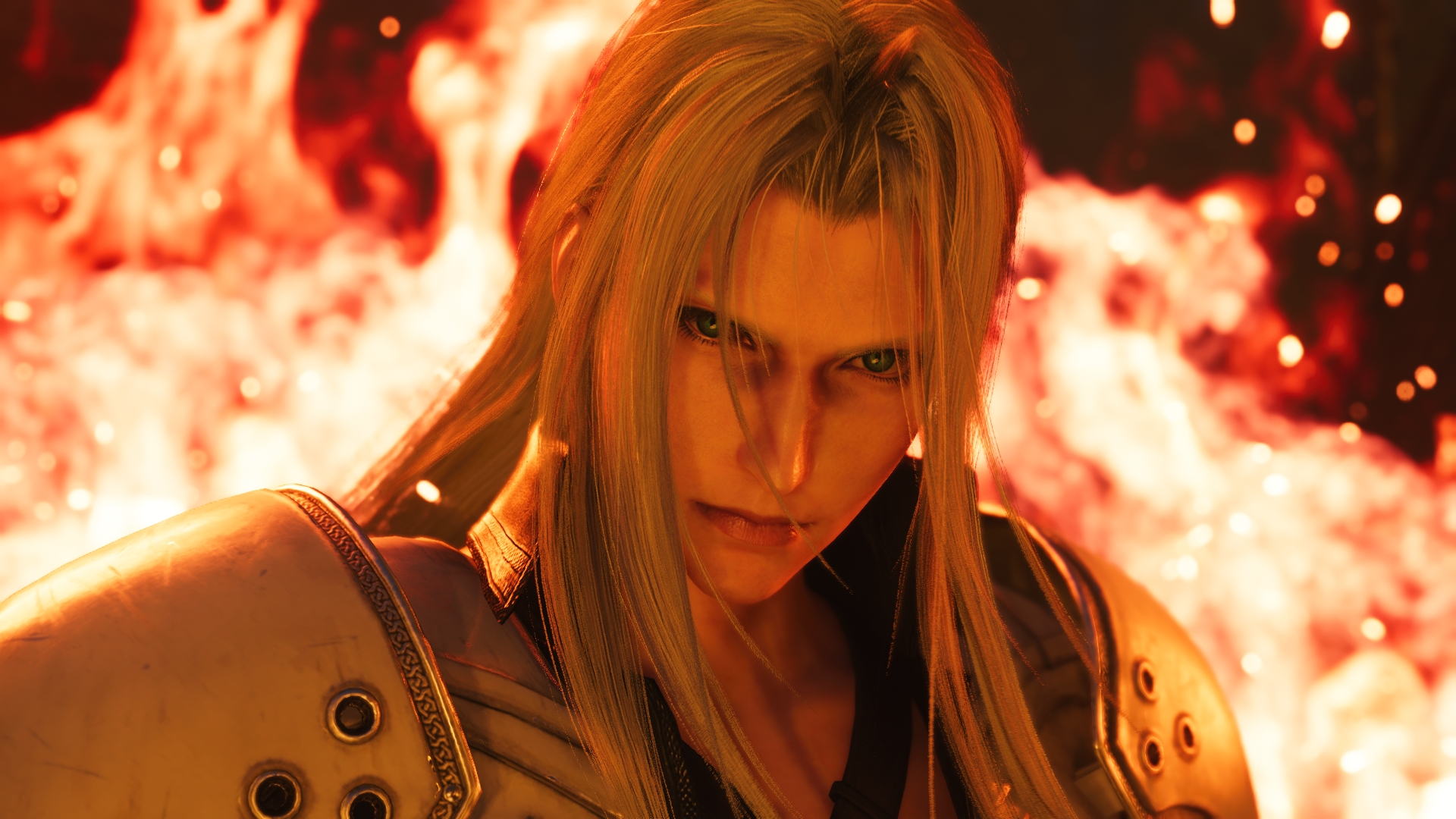
Luckily for Rebirth, any grumbling from picking up another piece of grass vanishes the second I get into battle. Building on the foundations set up in Remake, Rebirth combines lightning-quick real-time action with the ATB-based menuing the Final Fantasy series is famous for. Every action—every swing of the sword into a skull or blocking of a bullet—builds up a meter that, when full, lets you jump into super slow-motion to hurry through menus to select an ability or spell to unleash. The result is the chess boxing of RPG battle systems, a beautiful ebb and flow rhythm that rewards my love of turn-based tactics while also satisfying my primal desire to go ham on the controller.
With each member of the party playing so radically different from one another that any of them could star in their own action game, these brawls also end up as perfect personality showcases for one of the strongest casts in gaming. I could feel ninja Yuffie’s hyperactive teen energy as she zipped around like a little lightning bolt, or weirdo cat-puppet-thing Cait Sith’s trickster vibe, his arsenal full of RNG-guided abilities, in a way more immediate and physical than ever before. The same goes for relationships, highlighted with the introduction of tag-team synergy attacks packed with enough fan service to convince any FF7 lover that they’ve found heaven. Aerith throwing on some shades to pose with Barrett is so charming that, for a second, I was ready to marry the game.
But beyond the rhythm and personality, the secret that kept me hooked on the battle system lies in the art of the pause.
Every single time I open up that menu and slow time down to a crawl, the battlefield finds itself in some unspeakably awesome configuration. The gauge fills up and suddenly I’m looking at a bullet whizz inches from Cloud’s face as he buries his giant sword into some poor sap, Barrett in the background gatling down a monster bird; a second later I’m pausing again and Cloud is a mile away in the sky, letting the weight of the sword turn him into a flying death machine while Tifa pops a baddie up to him with a flashy uppercut. Fights in Rebirth are diorama generators, infinite gardens of delight for the videogame photographer. It sucks that the otherwise robust options are lacking any way to disable its aggressive motion blur, sometimes turning what should be a moving work of art into a cartoon dust ball of arms and legs. But when it doesn’t? Simply sublime.
Little amusements
What a shame you spend so much time doing everything but fighting, then. Beyond its obsession with open world activities, Rebirth also boasts what feels like a Mario Party’s worth of minigames. Some, like Queen’s Blood—the latest in the time-honored Final Fantasy tradition of including an optional card game—are more than good enough to be released as standalone games, while others, like gliding chocobos through Superman 64 hoops are… less inspired. I appreciate the sheer variety packed into Rebirth, but at some point—around when I was forced to ride a finicky segway and play Rocket League But With Dogs—I was begging for the game to get on with it, already.
And that’s ultimately my big issue with Rebirth. It doesn’t have anywhere to go.
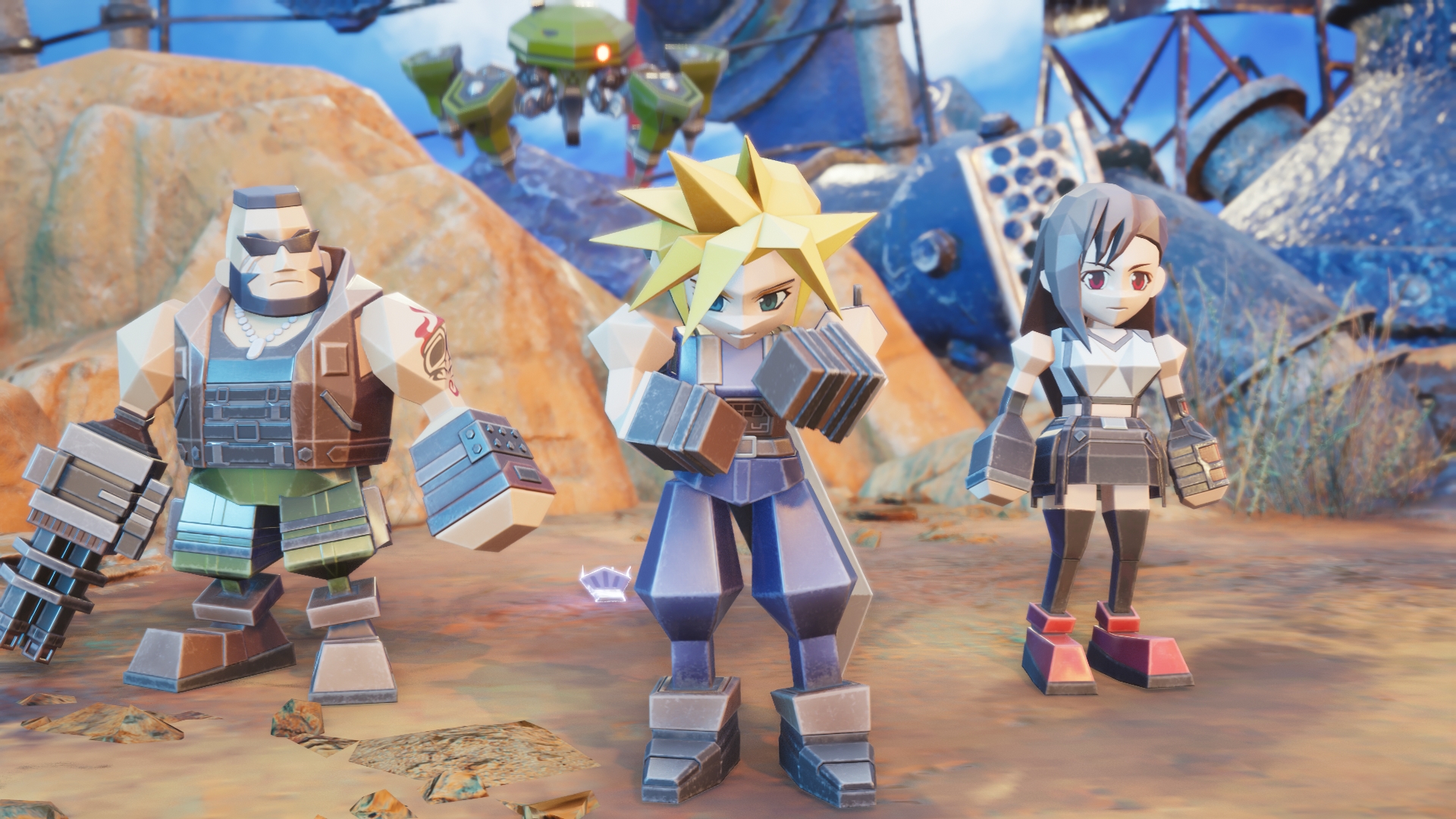
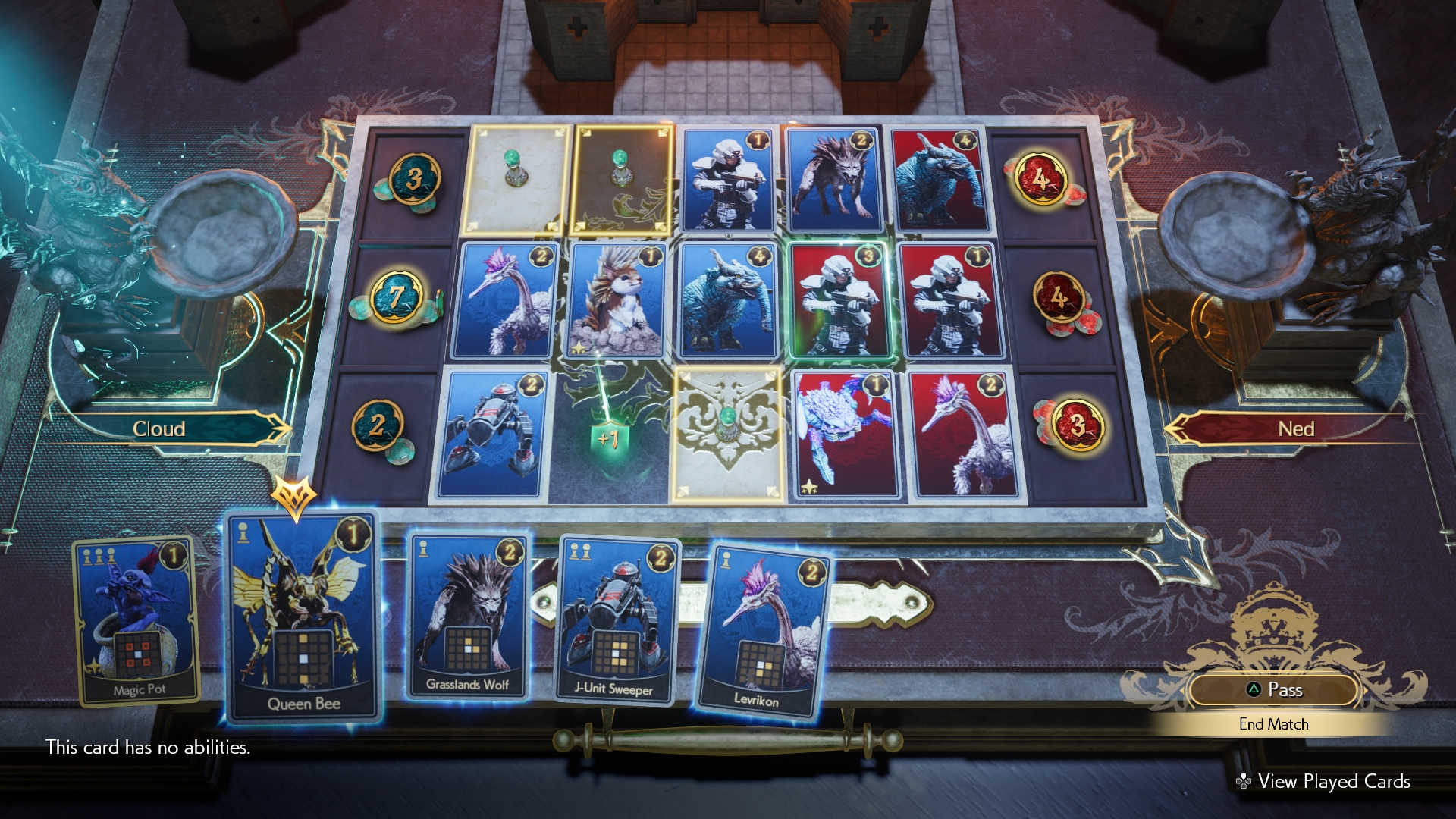
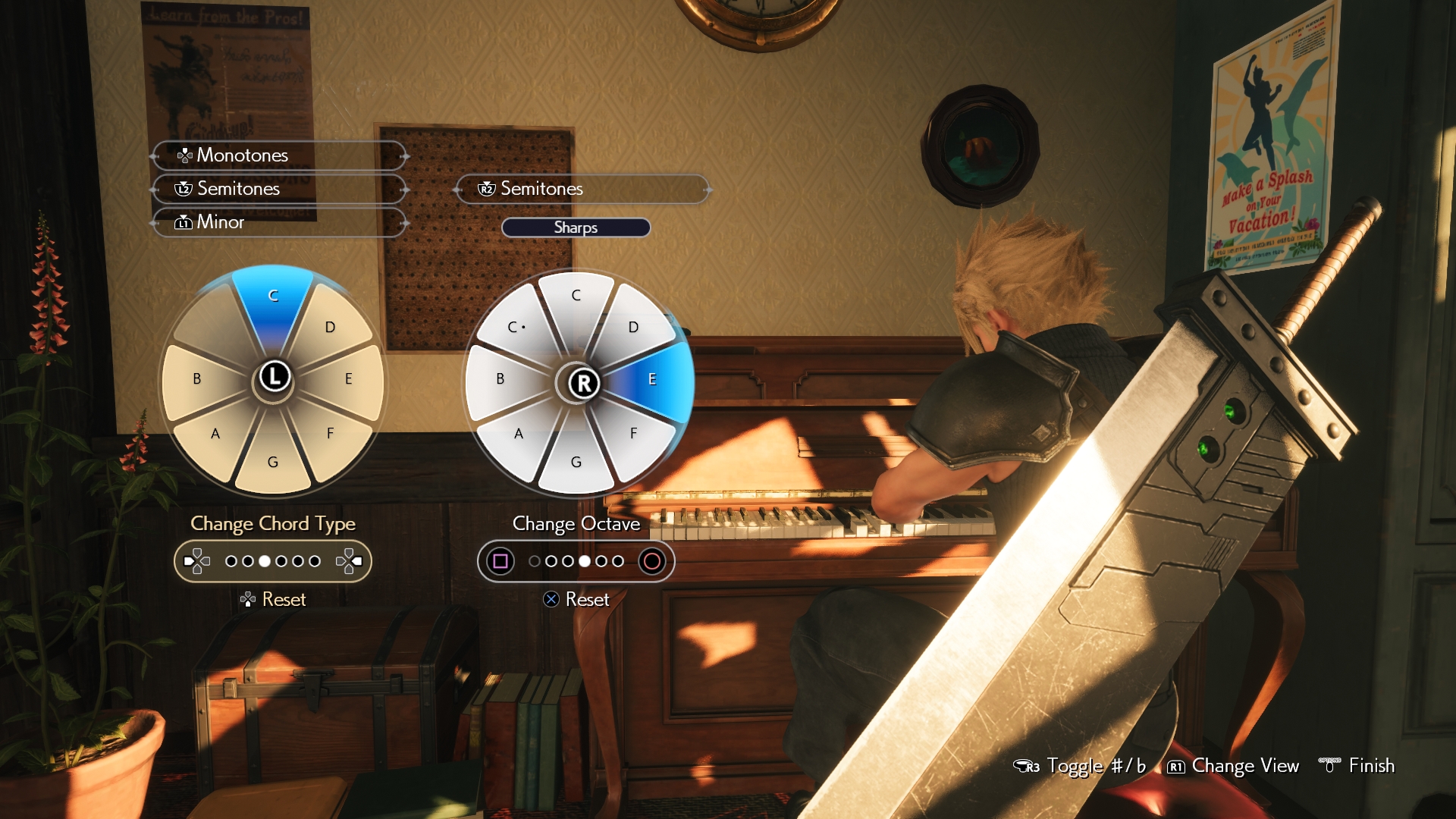
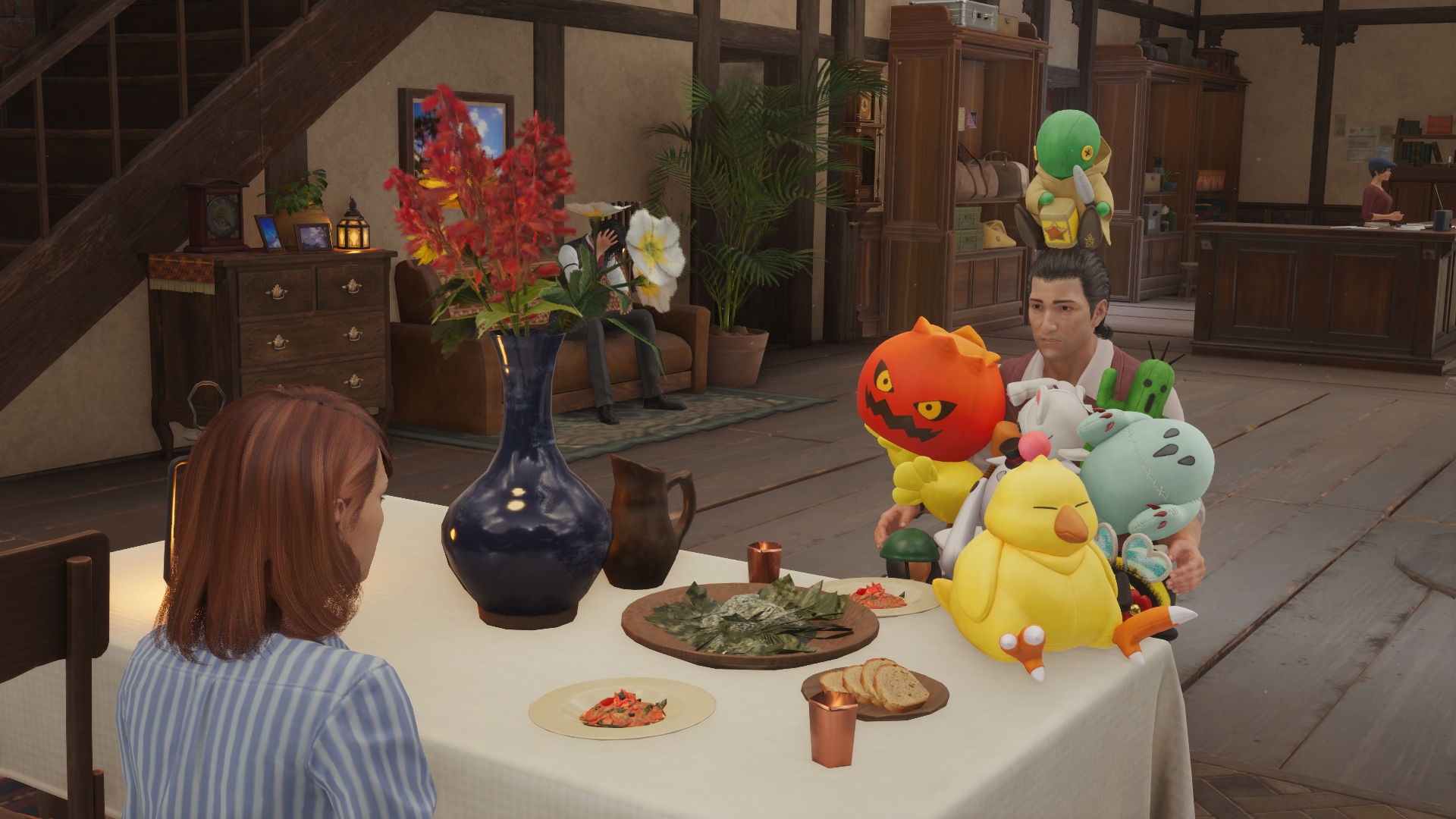
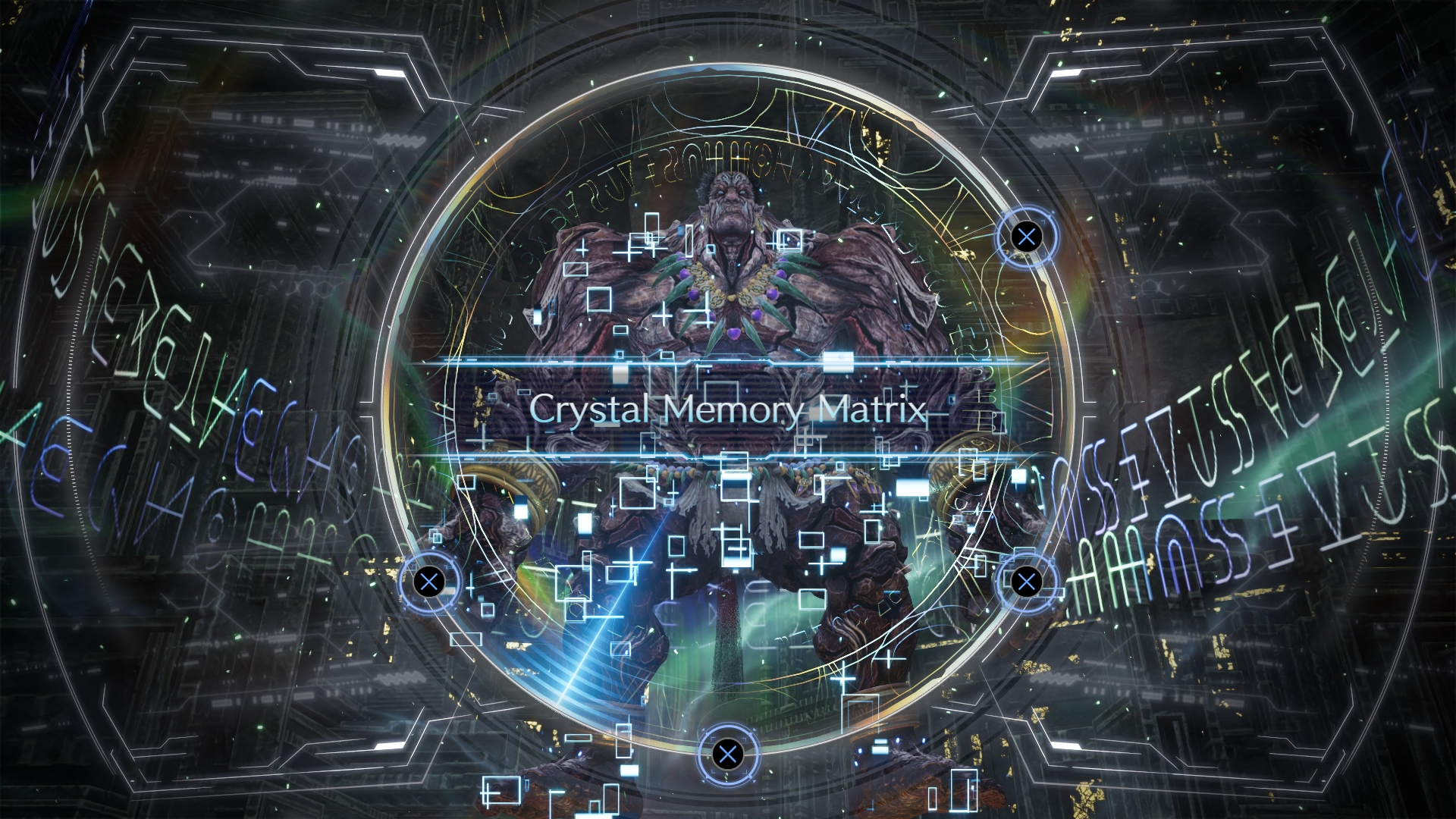
Rebirth has the unenviable task of being the middle part of a trilogy that probably shouldn’t have been a trilogy in the first place. Stuck adapting not a whole lot of story, the game has to find some way to justify itself, and it tries to do that with too many mindless activities in open fields, too many extended mini-game breaks, and Cait Sith deciding that you have to suffer through an entirely pointless dungeon just because.
Narratively, it tries its best to disguise this issue by taking an increasing interest in sophomoric multiverse plays that exist only to create puzzle boxes for the audience to ponder over. But pry those boxes open and what’s inside? Absolutely nothing. For as much as the game wants to be a commentary on its own legacy, how Final Fantasy 7 has evolved beyond its creators over the decades, it pulls back every time it inches towards saying anything of interest on the topic. It’s hungry for change, but too wrapped up in its own reverence, too afraid of betraying its legacy, to take that necessary step forward.
Being so devoted to Final Fantasy 7 means that there’s a lot of love to be found in Rebirth. And as a fan of that original game, it was so easy, for a while at least, to be swept up in the dazzling sights of Gaia, in the vibrant amusement park of games and sidequests at my fingertips, to hop on this rollercoaster journey with many of my all-time favorite characters and give myself to the joy of being able to spend more time with them. But all the charm and pageantry in the world can only distract me for so long before I realize: nothing has happened this whole vacation. The ship hasn’t even left the dock.
Great characters and combat can’t hide poor pacing and a story with nowhere to go.
Baxter Burchill, a self-described "lazy son of a gun who writes for fun," is a hobbyist writer and English teacher living in Japan who loves helping others find great art nearly as much as he loves vomiting onto a page.
